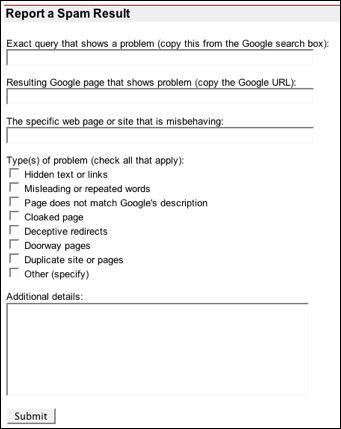I find a Bible reference in a weird place and look it up.
This morning, while having breakfast with Mike, he pulled out an aviation catalog I’d never seen before. It’s evidently a company completing with Sporty’s and Aircraft Spruce to sell pilot supplies and aircraft parts. A slick catalog with color photos and a clean layout.
But on the cover, in small type, was a cryptic code: 1 Peter 1:3-5.
I’ll be the first to admit that I’ve never read the Bible, but I know a Bible reference when I see one. I whipped out my PowerBook and did a Google search for the reference, wondering what Bible verse would apply to aviation. I wound up on a page of BibleGateway.com, an excellent source of Bible text, with multiple versions all searchable by verse or text. Here’s what the Standard English version had to say about this reference.
Born Again to a Living Hope
3 Blessed be the God and Father of our Lord Jesus Christ! According to his great mercy, he has caused us to be born again to a living hope through the resurrection of Jesus Christ from the dead, 4 to an inheritance that is imperishable, undefiled, and unfading, kept in heaven for you, 5 who by God’s power are being guarded through faith for a salvation ready to be revealed in the last time.
I don’t know about you, but I find references to the end of days on the cover of an aviation catalog a bit over the top. Disturbing, in fact. So disturbing, I find I don’t want to order anything from the company who published the catalog.
On a related note, I was listening to Bill Maher’s HBO show yesterday. I subscribe to the podcast (we don’t get HBO) and I find it fascinating to hear so many viewpoints about what’s going on in politics and the world. In the most recent episode, someone said, “Didn’t Jesus say the truth will set you free?” He was talking about the current administration’s lies regarding Pat Tillman and Jessica Lynch. Evidently, some right-wing conservative told the Tillman family that they’d feel better about their son’s death if they were “more Christian.”
I decided I wanted that particular bible quote on my TumbleLog, where I collect quotes. So I looked it up on Google and wound up on the BibleGateway site. (I really do recommend the site if you ever need to check out something in the Bible.) I found the full quote and added the King James version to my TumbleLog:
John 8:32
32 And ye shall know the truth, and the truth shall make you free.
It interests me how people use the Bible. They pull out passages when they want to send a message, but they completely ignore the simple passages that everyone — even non-believers — find right and good. The truth will make you free — free of lies and the burden of maintaining them. I don’t need to read the Bible or even be a religious person to know and understand that.

 The trip will start with the Anchorage visit, then the train ride with overnight stays at the Princess Denali lodge. From there, we get on
The trip will start with the Anchorage visit, then the train ride with overnight stays at the Princess Denali lodge. From there, we get on  Visit
Visit